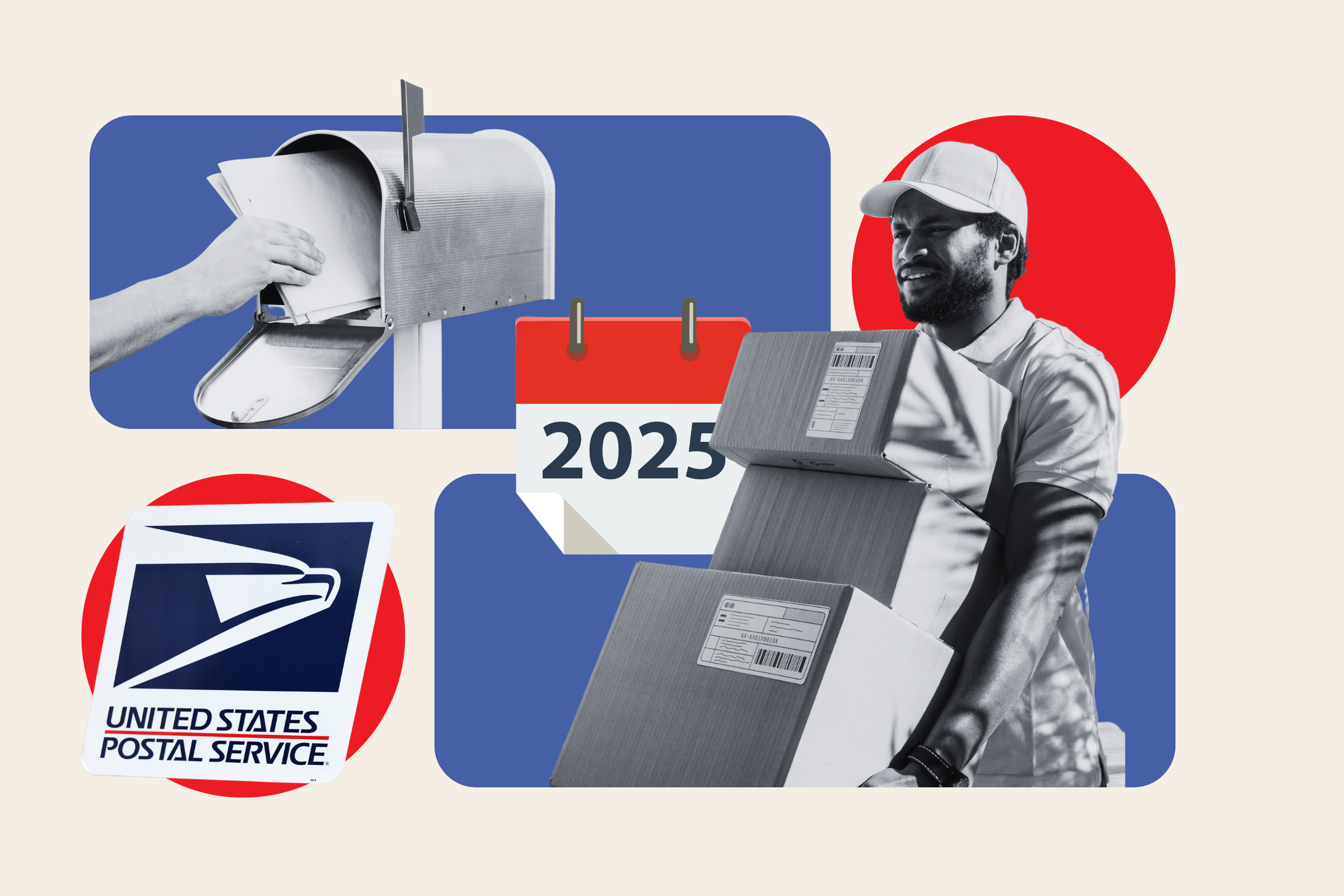Donald Trump knows a thing or two about the cost of lawsuits. Since leaving office in 2021, he has reportedly paid more than $100 million to more than 80 different firms and attorneys. Litigation has hit Trump (or at least his Super PACs) in the hip pocket.
But he's not the only one. America's litigation culture is getting worse, and it's driving up costs for businesses, costs which are passed on to consumers and can even destroy small businesses which cannot afford high insurance premiums. If he is serious about tackling inflation, Trump should put this high on his to-do list.
America is one of the most litigious societies on earth, filing more than 40 million claims per year. There is work for 1.3 million lawyers—close to the entire population of Dallas.
Frivolous claims come thick and fast. In recent times, we have seen Kraft sued for Mac and Cheese that doesn't cook quickly enough; the incredible case of the shrinking Crocs; and Texas Pete's hot sauce on trial for being made in North Carolina.
What is less known is how this puts up our prices at the checkout, the fuel pump, and when we open our bills each month. It can't be that much, right?
Wrong. A long-term study just released by the U.S. Chamber of Commerce Institute for Legal Reform has found that, by 2022, the costs and compensation paid in U.S. tort system had reached more than $529 billion. That's over $4,200 per U.S. household. Meanwhile, tort costs continue to grow faster than inflation, at an average annual rate of 7.1 percent.

Letting these costs become a normalized and highly dubious part of the "value chain" is a major failure of public policy.
One of the biggest ways we are all getting hit by too many lawsuits is in our insurance premiums. The rising rates of auto, home and health insurance have stunned consumers and left them looking for someone to blame. More importantly, insurance premiums for businesses have also dramatically risen and many insurers have completely pulled out of markets or industries leaving people and businesses, especially small business, completely unprotected.
According to research from reinsurer Swiss Re, litigation costs have driven up liability claims by 57 percent in the last decade—7 percent in 2023 alone. In the same year, there were 27 court cases awarding compensation of more than USD 100 million each. Insurance companies have shareholders to think about. No wonder our premiums are going up.
This is not a new trend. In fact, Warren Buffett coined the term "social inflation" in his 1978 letter to the stockholders of Berkshire Hathaway. This was described as a broadening definition by society and juries of what is covered by insurance policies.
How did America become so litigious? While we are lucky to have one of the more efficient court systems in the world, comparatively, there are some quirks to the American legal system that should be more widely known.
As a lawyer in America, the one and only question I can always definitively answer is, "Can I be sued if...?" and the answer is: "Yes." In civil litigation, anyone can sue without needing any admissible evidence to get started. Once the case enters the discovery phase, it becomes expensive to litigate, and settling is often the least bad option and most economical option for defendants.
Most importantly, there are few if any consequences for filing frivolous claims. In the United Kingdom, the general rule is that the loser pays for the other side's attorney's fees. Not in the United States. The so-called "English Rule" that puts the loser at risk is in fact the standard for civil litigation everywhere except the United States. In the American system, there is little disincentive to shake the tree in search of a pay day even for those cases with the least merit.
Campaigners for reform may welcome Trump's return to the White House. In his first term, he capped medical malpractice payouts at $250,000. This time he could back a new bill that would require the disclosure of third-party funding in civil lawsuits, a major driver of industrial scale litigation. His cap on medical malpractice could of course leave someone injured by a medical professional's gross negligence without appropriate or even necessary compensation for their injuries, so it was not completely without consequences. But the measure at least shows that Trump is willing to tackle the difficult and pressing issue of legal reform.
Most significantly, Trump has previously backed the introduction of "loser pays"—somewhat surprising for someone who has lost 93 percent of the lawsuits he has been involved in.
Pushing for this type of reform could end America's lawsuit addiction and stem the tide of "social inflation." However, this type of reform could also have a negative impact by chilling righteous lawsuits—those that challenge unconstitutional laws, or overbroad regulations or, even, as Trump himself has raged about, the weaponization of the judicial system.
It is all about finding the right balance: A balance between true justice and merely taking a chance with the system, and a balance between being a nation of laws or a nation of lawsuits.
Bryan Sullivan is a leading attorney who has represented high-profile clients in entertainment, intellectual property, and corporate investments.
The views expressed in this article are the writer's own.




.png)















 English (US) ·
English (US) ·